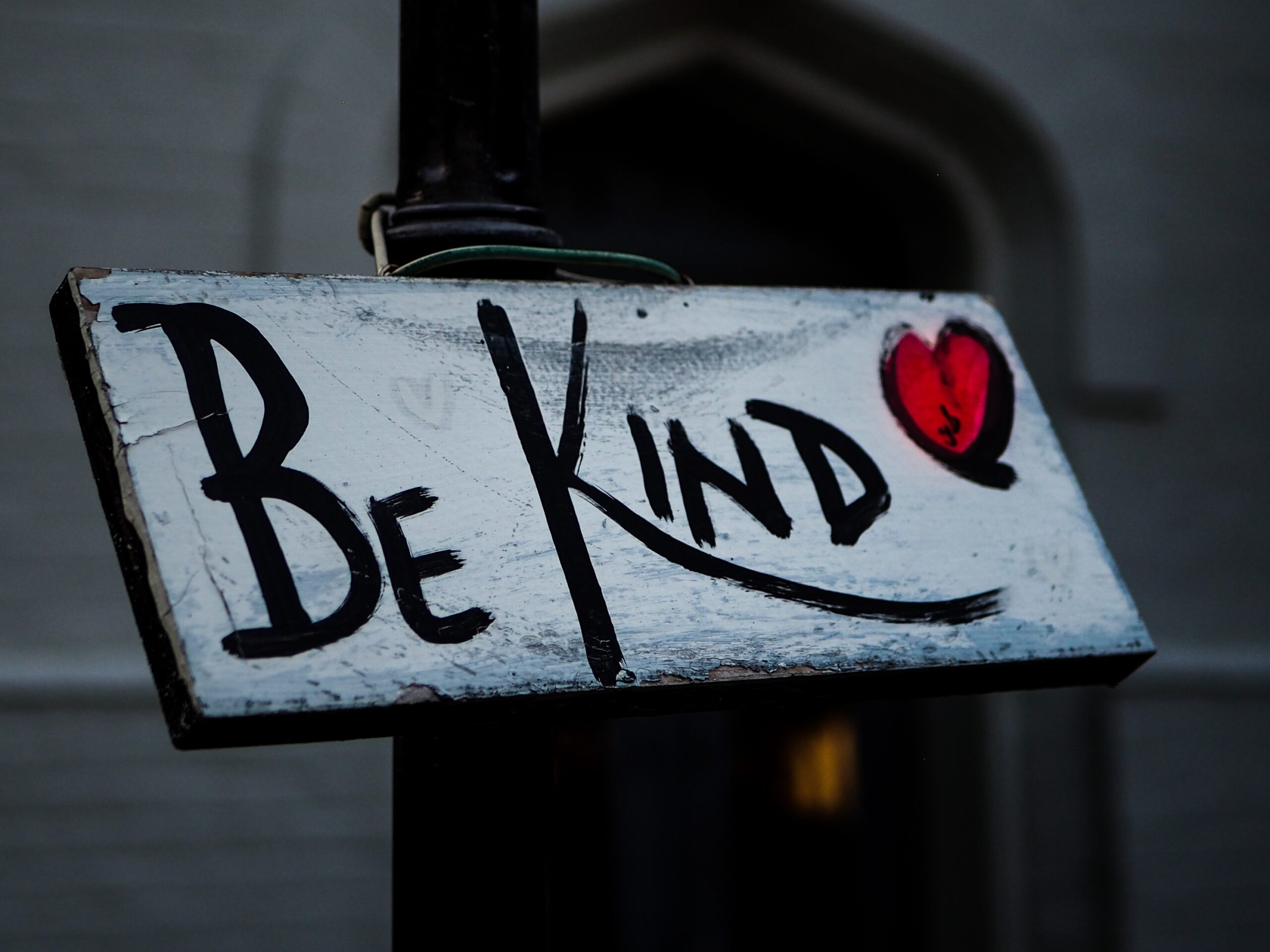
Introduction
In a world that often feels increasingly disconnected and divided, the simple act of being kind to others has never been more important. Kindness is a universal language that transcends cultural, religious, and geographical boundaries. It has the power to heal wounds, mend relationships, and create a sense of belonging. In this blog post, we will explore the profound impact of kindness on individuals and society as a whole, and why making kindness a daily practice is crucial for a happier, more harmonious world.
The Science of Kindness
Science has shown that acts of kindness trigger the release of oxytocin, a hormone that promotes feelings of love and connection. This “feel-good” hormone not only benefits the recipient but also the giver. When we are kind to others, our own stress levels decrease, and our overall well-being improves. This creates a positive feedback loop, making kindness a self-reinforcing behavior.
Moreover, research suggests that witnessing acts of kindness can have a ripple effect. When we observe someone being kind, it inspires us to perform acts of kindness as well. This phenomenon demonstrates how a single act of kindness can set off a chain reaction of positive behavior in a community or society.
Kindness and Mental Health
In today’s fast-paced world, where stress and anxiety are prevalent, kindness can act as a powerful antidote. Engaging in acts of kindness, whether small or large, can boost one’s mental health and well-being. When we focus on helping others, we shift our attention away from our own problems, reducing the grip of negative thoughts and emotions.
Additionally, showing kindness can improve self-esteem and foster a sense of purpose. When we make a positive impact on someone else’s life, it reinforces our own sense of worth and significance. This sense of purpose and fulfillment can contribute to increased happiness and resilience in the face of life’s challenges.
Kindness in Relationships
Kindness is the glue that holds relationships together. Whether it’s in friendships, romantic partnerships, or family dynamics, acts of kindness create an atmosphere of trust, understanding, and mutual respect. Kindness involves active listening, empathy, and the willingness to go the extra mile to support those we care about.
In romantic relationships, studies have shown that acts of kindness, such as expressing gratitude and showing affection, are key factors in maintaining long-term happiness and satisfaction. Small gestures of kindness can keep the flame of love burning bright even in the face of adversity.
In the workplace, kindness can foster a positive and productive atmosphere. Colleagues who show kindness and appreciation for each other are more likely to collaborate effectively, leading to increased job satisfaction and better overall performance.
Community and Social Impact
On a broader scale, kindness has the potential to transform entire communities and societies. When individuals prioritize kindness in their interactions, they contribute to the creation of a more inclusive and harmonious world. Acts of kindness can bridge divides, promote social cohesion, and combat discrimination and prejudice.
Kindness also plays a crucial role in philanthropy and volunteerism. Countless charitable organizations and volunteers around the world dedicate their time and resources to help those in need. The impact of their kindness is immeasurable, as it provides hope and support to the less fortunate and marginalized populations.
Furthermore, kindness in the form of environmental stewardship can have a profound impact on our planet. Taking steps to reduce our ecological footprint, conserve resources, and protect the environment is an act of kindness towards future generations.
Teaching Kindness
To truly harness the power of kindness, it is essential to teach it from a young age. Schools and educational institutions can incorporate kindness into their curricula, teaching children the value of empathy, compassion, and respect for others. When kindness becomes an integral part of a child’s upbringing, it shapes their character and influences their interactions throughout their lives.
Parents and caregivers also play a crucial role in modeling kindness. Children learn by observing the behavior of adults around them. When parents prioritize kindness in their own lives, they set a positive example for their children to follow.
Practicing Kindness in Daily Life
Incorporating kindness into our daily lives doesn’t require grand gestures or significant resources. Kindness can manifest in the smallest of actions, such as holding the door for someone, offering a smile, or lending a listening ear to a friend in need. Here are some simple ways to practice kindness:
- Random Acts of Kindness: Surprise a stranger with a kind gesture, such as paying for their coffee or leaving an uplifting note in a public place.
- Volunteer: Dedicate your time and skills to a charitable cause that aligns with your values.
- Practice Empathy: Put yourself in someone else’s shoes and try to understand their perspective before passing judgment.
- Express Gratitude: Regularly express your appreciation to those who have made a positive impact in your life.
- Be a Good Listener: Give your full attention when someone is speaking to you, offering support and understanding.
- Foster Inclusivity: Create an inclusive environment by reaching out to individuals who may feel excluded or marginalized.
Conclusion
Kindness is not a fleeting sentiment but a powerful force that has the potential to transform individuals, relationships, and communities. It has the ability to heal wounds, bridge divides, and create a brighter future for all. As we navigate the complexities of the modern world, let us remember that acts of kindness, no matter how small, have a ripple effect that can make a profound difference. By choosing kindness, we contribute to a more compassionate and harmonious world, one gesture at a time. So, let us make kindness a daily practice and watch as it spreads positivity and love to all corners of our lives.


